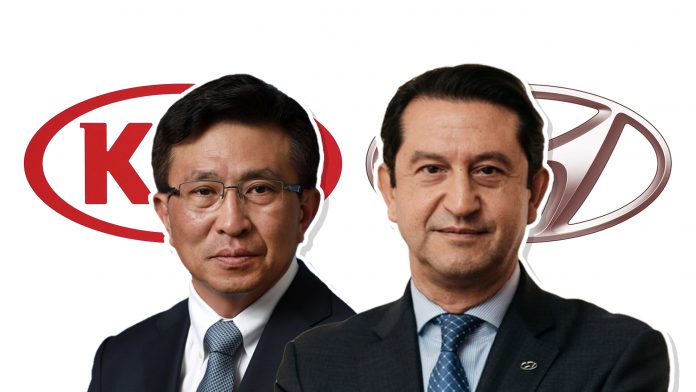In separate monthly reports, automakers Hyundai and Kia posted record-breaking sales numbers for February, reaching a combined total of 117,903 units.
Hyundai sold 57,044 units last month, achieving a 9% increase over the same period in 2022 and its fourth consecutive month of record-breaking numbers. Excluding freight, which accounted for 7% of the total, the company’s retail volume was a record 52,932, a year-over-year gain of 1%. The Tucson SUV was the brand’s best-selling vehicle at 14,031 units, followed closely by the Elantra sedan with 10,371 units, increases of 9% and 53% respectively. So far, the automaker has sold 109,045 in 2023.
Kia sold 60,859 units in February, a 24% increase over the previous year, and the seventh record-breaking month in a row. The automaker did not separate retail and fleet volume in its report. The Forte sedan led in sales, with 10,445 units, while the Sportage SUV reached a close second, with 10,117 units, 128% and 376% year-over-year gains respectively. To date, the brand has sold 112,842 vehicles in 2023.
Overall, OEMs seem to be in a stronger position than they were at this time last year. However, although supply and demand is unlikely to change in March, several issues threaten to interrupt the industry’s record-breaking streak. The Federal Reserve is guaranteed to continue its anti-inflationary measures, which translates to more interest rate hikes. As a result, consumers, who are already struggling to justify a new vehicle at the market’s current price tags, may choose to delay their purchase. To avoid losing progress in the coming months, the industry may need to introduce buyer-friendly incentives at the retail and manufacturer level.





